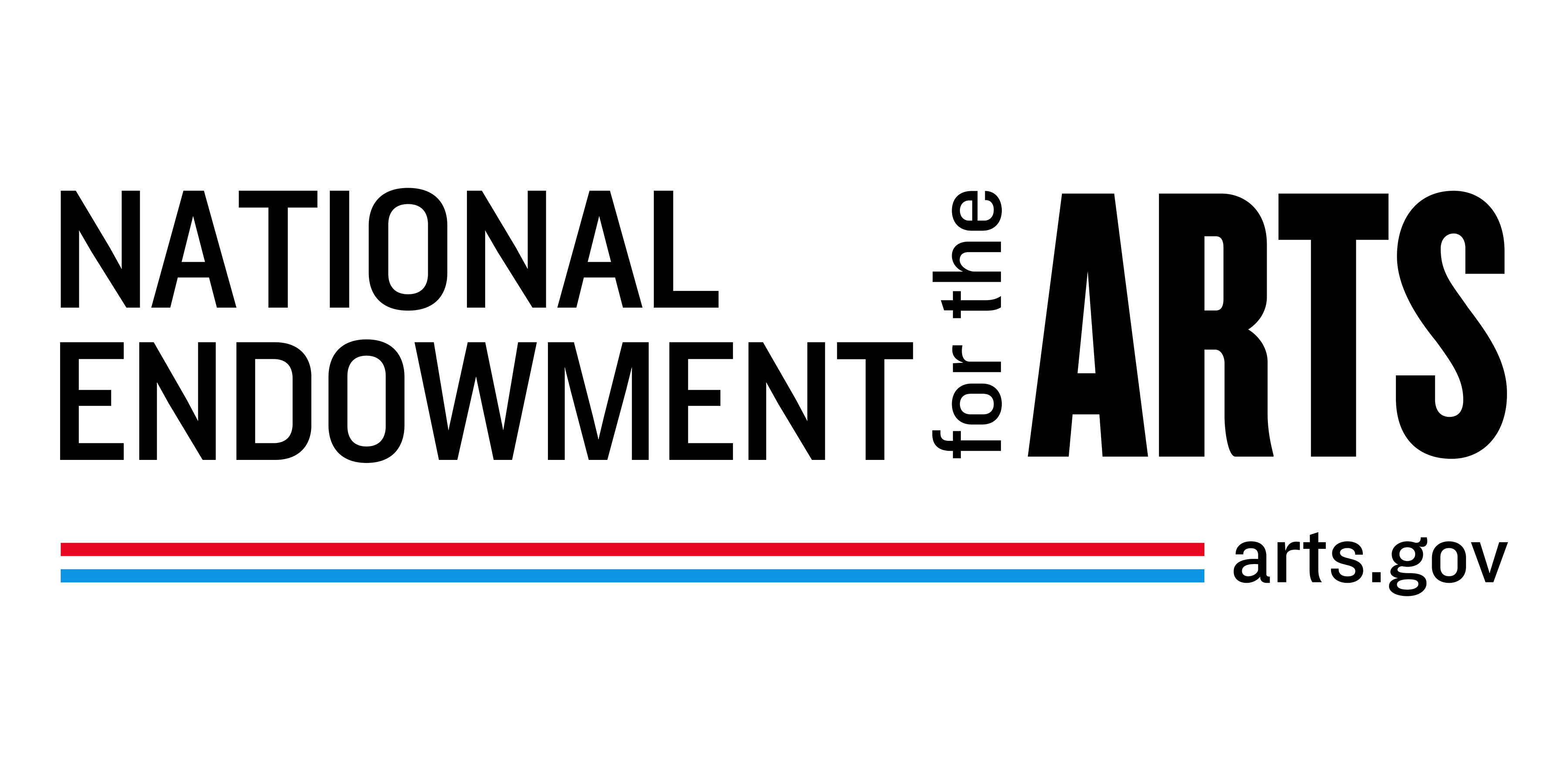Upcoming Contest Deadlines
Celebrate the arrival of spring by applying to contests with a deadline of March 31. With many of these awards being offered to writers in multiple genres, there are ample opportunities for poets, fiction writers, and nonfiction writers alike. All contests offer a cash prize of $1,000 or more and two charge no entry fee. Dig in!
A Public Space Writing Fellowships: Three six-month fellowships of $1,000 each are given annually to emerging fiction and nonfiction writers who have not published a full-length book. The fellows will work with the editors to prepare a piece for publication in A Public Space and will also have the opportunity to meet with publishing professionals and participate in a public reading. Entry fee: None.
Arts & Letters Prizes: Three prizes of $1,000 each and publication in Arts & Letters are given annually for a group of poems, a short story, and an essay. Allison Joseph will judge in poetry, Andrew Porter will judge in fiction, and Gayle Brandeis will judge in nonfiction. All entries are considered for publication. Entry fee: $20.
Black Lawrence Press Hudson Prize: A prize of $1,000, publication by Black Lawrence Press, and 10 author copies is given annually for a collection of poems or short stories. The editors will judge. Entry fee: $27.
Fish Publishing Poetry Prize: A prize of €1,000 (approximately $1,129) and publication in the Fish Publishing anthology is given annually for a single poem. The winner is also invited to read at the anthology launch event at the West Cork Literary Festival in July. Billy Collins will judge. All entries are considered for publication. Entry fee: €14 (approximately $16) for online entries or €16 (approximately $18) for postal entries.
Four Way Books Levis Prize in Poetry: A prize of $1,000 and publication by Four Way Books is given annually for a poetry collection. The winner will also be invited to participate in readings either virtually or in-person in New York City, as public health guidelines allow. Jericho Brown will judge. Entry fee: $30.
Indiana Review Poetry and Fiction Prizes: Two prizes of $1,000 each and publication in Indiana Review are given annually for a poem and a story. Entry fee: $20 (which includes a subscription to Indiana Review).
Narrative Winter Story Contest: A prize of $2,500 and publication in Narrative is given annually for a short story, a short short story, an essay, or an excerpt from a longer work of fiction or creative nonfiction. A second-place prize of $1,000 is also awarded. The editors will judge. All entries are considered for publication. Entry fee: $27.
Press 53 Prime Number Magazine Awards: Two prizes of $1,000 each and publication in Prime Number Magazine are given annually for a poem and a short story. Faith Shearin will judge in poetry and Jubal Tiner will judge in fiction. Entry fee: $15.
Restless Books Prize for New Immigrant Writing: A prize of $10,000 and publication by Restless Books is given in alternating years for a debut book of fiction or nonfiction by a first-generation immigrant. The 2022 prize will be given in fiction. Writers who have not published a book of fiction in English are eligible. Entry fee: None.
Trustees of the Robert Frost Farm Prize: A prize of $1,000 is given annually for a poem written in metrical verse. The winner also receives a scholarship to attend and give a reading at the Frost Farm Poetry Conference in Derry, New Hampshire, in June. Allison Joseph will judge. Entry fee: $6 per poem.
Visit the contest websites for complete guidelines, and check out the Grants & Awards database and Submission Calendar for more contests in poetry, fiction, and creative nonfiction.





